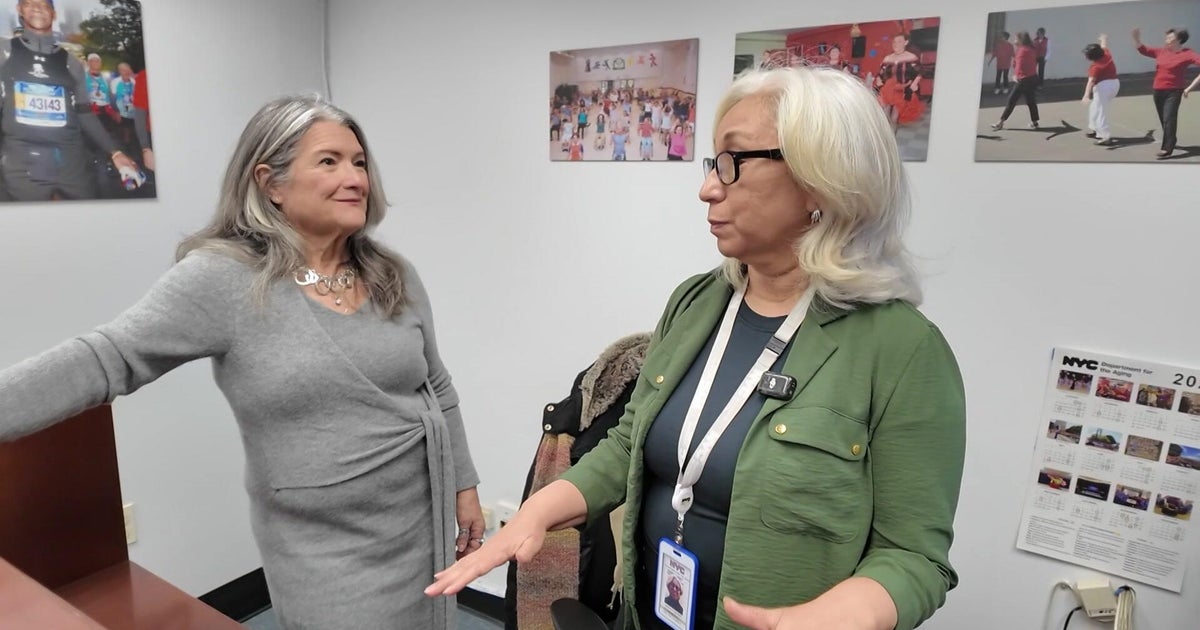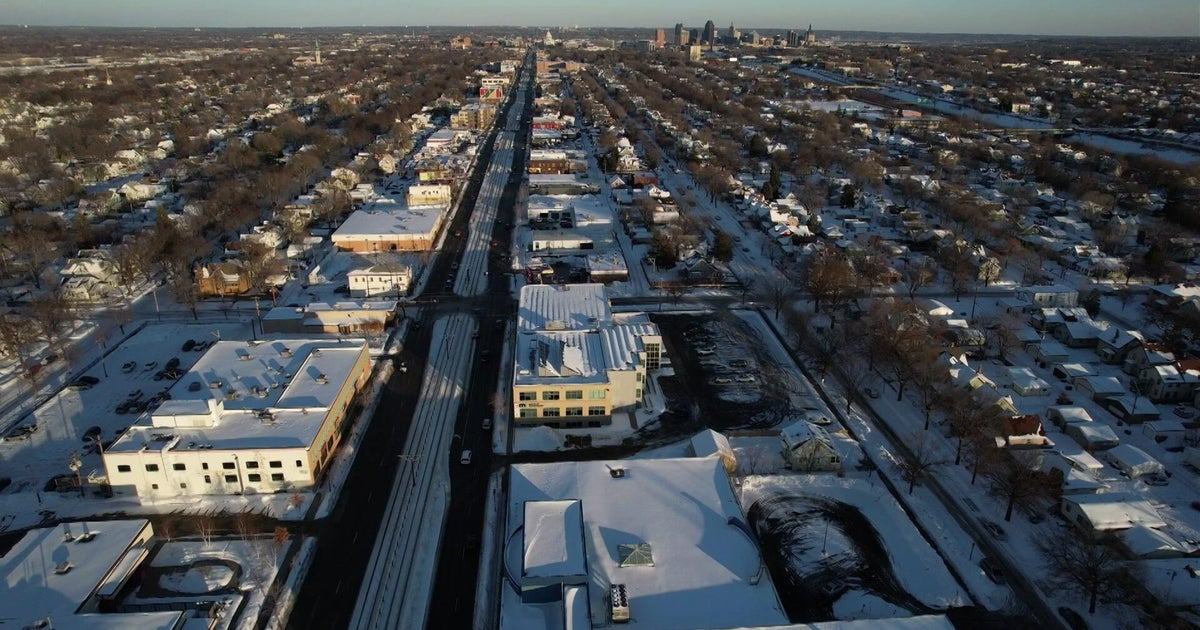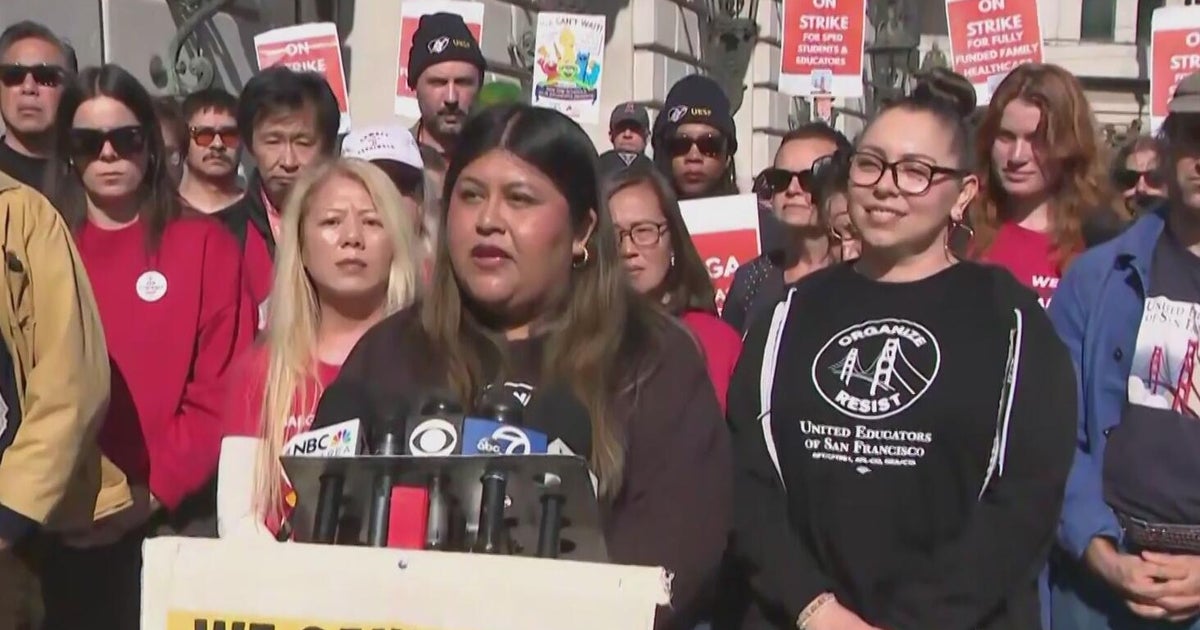Minn. House Committee Approves Minimum Wage Hike
ST. PAUL, Minn. (AP) — A bill that would increase the state's minimum wage to more than $10 an hour by 2015 passed its first test Tuesday over Republican objections that the hike would hurt businesses and the overall economy.
The House Labor, Workforce and Regulated Industries Committee passed a bill that calls for the state to increase the minimum wage incrementally for the next three years until it hits $10.55 in August 2015. After that, it would increase automatically according to inflation.
Democrats on the committee said that the wage increase would help needy Minnesotans and the state's economy by putting more money in the hands of consumers. Republicans argued that increase would burden businesses both small and large, sending a ripple throughout the state in the form of layoffs and price increases.
"This is about dignity, and it's about the simple idea that if you put more money in the hands of people who work, they're going to spend it," said Rep. Ryan Winkler, a Golden Valley Democrat and the bill's author. "They're going to do better with their lives, and our economy will improve."
The bill passed 8-6, with every Democrat approving it and Republicans voting against it. The timetable for a full House vote is unknown.
With Democrats in control at the Capitol and vocal support from party leadership, a minimum wage hike has a good chance of becoming law this session. A Senate committee is expected to take up a similar bill next week.
The state last raised its minimum wage in 2005. At $6.15 an hour, Minnesota is one of just four states with a lower wage than the federal minimum, though most state workers receive the federal wage. President Barack Obama called on Congress to raise the federal minimum wage from $7.25 per hour to $9 an hour in his State of the Union address.
The committee heard from Minnesotans this week who said they need an increase to get by, representatives who said the hike would hurt their businesses and experts who discussed the possible impacts on Minnesota's economy.
"We all want to have a vibrant economy, and if the producers of jobs ... are not able to create jobs, it's not going to matter what the minimum wage is," said Rep. Mark Uglem, R-Champlin.
Rep. Marion O'Neill, a Republican from Buffalo and small-business owner, said tying wage increases to inflation after August 2015 concerned her more than the increases before that date.
"It's incredibly frightening. I don't think we can count on the fact that it will be gradual or moderated," she said.
Nine states currently tie their minimum wages to inflation. Obama has suggested doing the same on the federal level.
(© Copyright 2013 The Associated Press. All Rights Reserved. This material may not be published, broadcast, rewritten or redistributed.)







